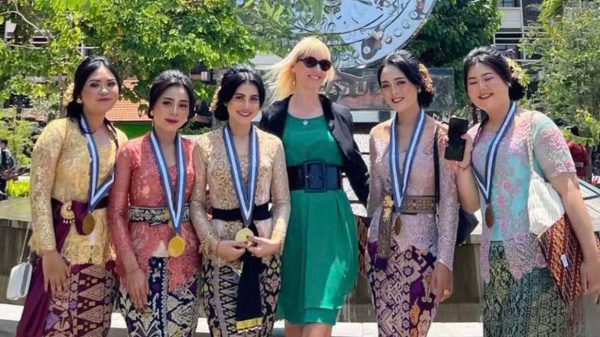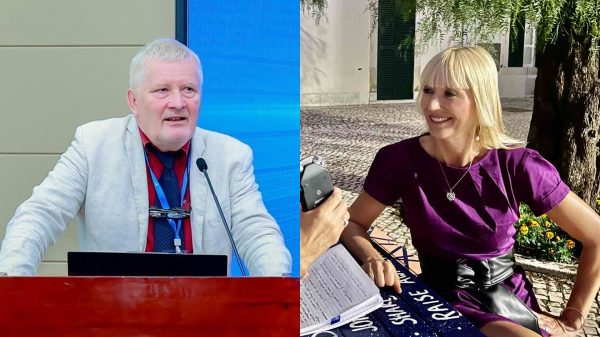
21.08.19
Australia visit I
Next week Dina will be doing several sessions in Australia, first one at: Multilingualism Research Centre at Macquarie University, Sydney, Australia, on Monday, 26th August:
We are thrilled to announce a public seminar by Dr Dina Mehmedbegovic-Smith (UCL) on “Engaging with Multilingualism in Global Cities: Arguing for ‘language hierarchy free’ policy and practice in education“. The seminar is hosted by The Faculty of Human Sciences Multilingualism Research Centre at Macquarie University (website). Please see below for abstract, time and venue.
Engaging with Multilingualism in Global Cities: Arguing for ‘language hierarchy free’ policy and practice in education
Dr Dina Mehmedbegovic-Smith, UCL Institute of Education
Abstract
Educators working in diverse contexts and looking to promote language learning, as well as maintaining home languages, often encounter resistance and negativity directed towards a wide range of languages resulting in language loss at the individual level and language death at a societal level. On the other hand, a small number of languages are regarded as high status languages, in demand to study and speak. This paper has two aims: firstly, to identify processes which result in different attitudes to languages, which will be termed: language hierarchies and, secondly, to suggest an innovative way of creating conditions for development of ‘hierarchy-free education policy and practice’. In order to exemplify these processes the author’s previous research conducted in London and Cardiff is used. Hierarchy-free policy and practice is promoted as a necessary condition for sustainability of endangered languages. The second part of this paper introduces the concept of: ‘Healthy Linguistic Diet’ (Mehmedbegović 2011) and makes a proposal based on this concept for a new, cognitive-based approach to policy and practice in education which would help eradicate language hierarchies. This section presents latest research evidence from cognitive neuroscience, which supports the argument that all stakeholders in education and wider society would benefit from a shift in attitudes and approach to bilingualism and learning other languages. The benefits at the individual and societal level are so significant that acting on this evidence is not only an educational, but also a health and moral imperative too. In the conclusion, the author gives recommendations in terms of how this new strategy could be developed and implemented.
Hosted by The Faculty of Human Sciences Multilingualism Research Centre
August 26 (3 – 4pm) 12SW 218, Macquarie University

